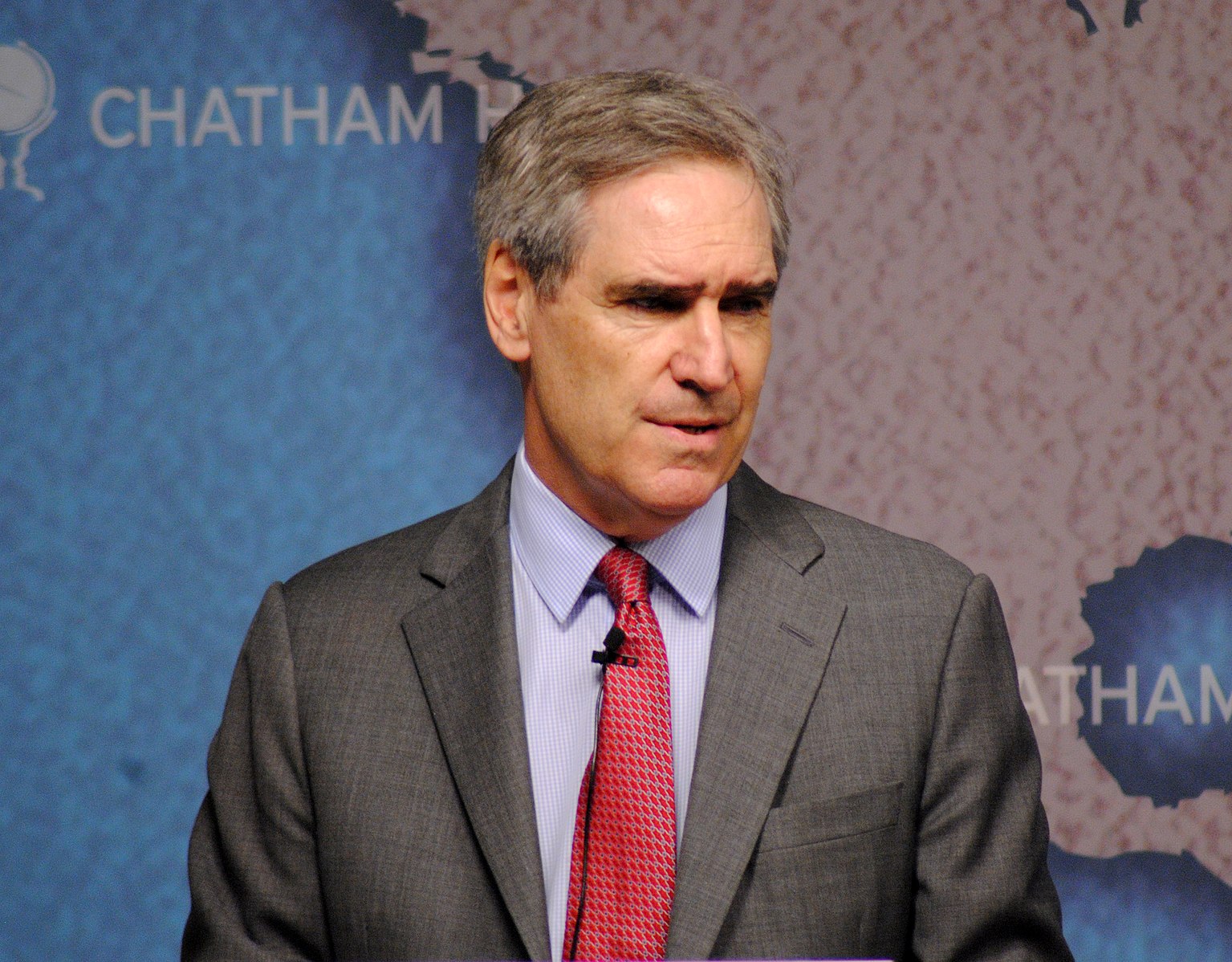Central European University Forced Out of Budapest
CEU President and Rector Michael Ignatieff pictured in 2014 (Wikimedia Commons).
After months of wrangling with the Hungarian government, Central European University (CEU) has finally admitted defeat. In a statement on December 3, the university declared that it had failed to compromise with the Hungarian government and will be moving from Budapest to Vienna next year.
CEU was founded in 1991 in Prague with the mission of promoting the transition from dictatorship to democracy in Central and Eastern Europe. In 1993, it moved to Budapest, where it gained prominence as a research institution. Currently, around 1,200 graduate students are enrolled in its U.S.-accredited programs. CEU draws scholars from Oxford, Harvard, Stanford, and other elite universities worldwide. In addition, it receives more of the competitive European Union research grant funding than any other institution in Central Europe. For the 2018 to 2026 period, it has been awarded more than €19 million ($21.7 million).
Along with CEU’s international renown and financial success, the university contributes €25 million ($28.5 million) to the Hungarian economy each year in taxes, pensions, and health contributions. Despite this, the Hungarian government has persisted in expelling the university from Hungarian soil. The dispute is widely seen as a brawl between George Soros, the Hungarian-American billionaire and founder of CEU, and the right-wing populist government of Prime Minister Viktor Orbán. Orbán’s government has run controversial media campaigns against Soros, claiming the billionaire aims to undermine Europe’s security, culture, and identity. Government officials have derided CEU as “Soros university.”
In April 2017, the Hungarian government passed a law requiring foreign universities in Hungary to have a home-country campus. This law was widely considered to target CEU, which had no campus in the U.S. despite its American accreditation. In order to comply with the law, CEU opened a campus at Bard College in New York. In addition, U.S. officials began negotiations with Hungarian government officials to ensure CEU’s legal basis to continue operating in Hungary.
Despite these steps, the Hungarian government refused to sign an agreement guaranteeing CEU’s continued existence in Hungary, and on December 3, CEU announced it would be leaving Budapest.
“The government has never even tried to pretend that there were academic grounds for their actions,” the CEU press release said. “CEU has been forced out. This is unprecedented. A U.S. institution has been driven out of a country that is a NATO ally. A European institution has been ousted from a member state of the EU.”
“Arbitrary eviction of a reputable university is a flagrant violation of academic freedom. It is a dark day for Europe and a dark day for Hungary,” said CEU President and Rector Michael Ignatieff.
Hungarian government spokesman István Hollik responded to CEU’s announcement in a video message, saying, “This makes it clear to everybody that the whole affair is nothing else but the usual political bluff by Soros which the government does not wish to deal with.”
Michael Gaebel, the director of the EU’s Higher Education Policy Unit, expressed concern that CEU’s expulsion from Budapest is only one indication of the erosion of academic freedom in Hungary. In addition, the government has withdrawn accreditation from gender studies programs and has imposed taxes on academic programs for migrants and refugees.

